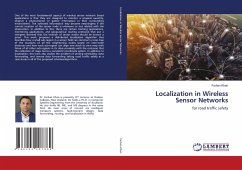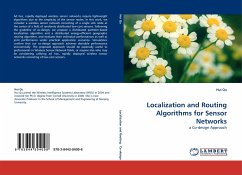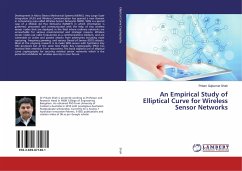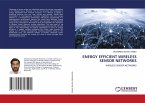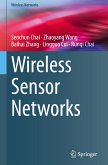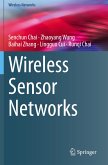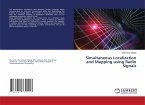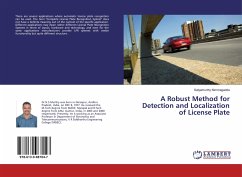One of the most fundamental aspects of wireless sensor network based applications is that they are designed to monitor a physical quantity, observe a phenomenon or gather information in their surrounding environment. The collected information may become meaningless if the current location of the sensor node is unknown or not related with the observation. In addition to this, there are certain tracking applications, monitoring applications, and geographical routing protocols that put a stringent demand that the location of sensor nodes should be known a priori. This work proposes a distributed localization algorithm that describes how a small sub-region in a sensor field can construct a local map of the locations of all the neighboring nodes based on inter-node distances and how each sub-region can align and stitch its own map with those of all other sub-regions in its close proximity with the outcome that the collection of maps forms a consistent coordinate system. In addition tolocalization, this work also studies the problem of sensing scheduling, data forwarding, and reverse data forwarding taking road traffic safety as a case study in all of the proposed schemes/algorithms.
Bitte wählen Sie Ihr Anliegen aus.
Rechnungen
Retourenschein anfordern
Bestellstatus
Storno

